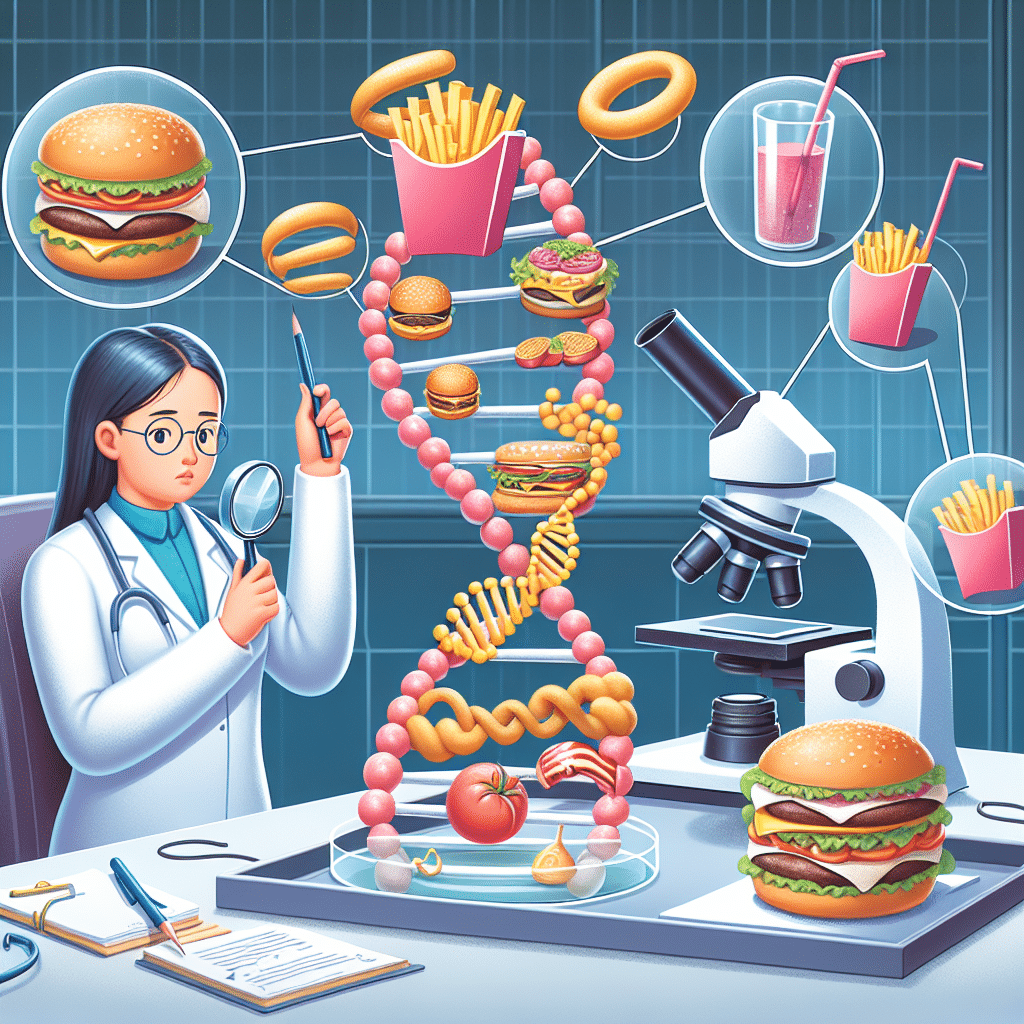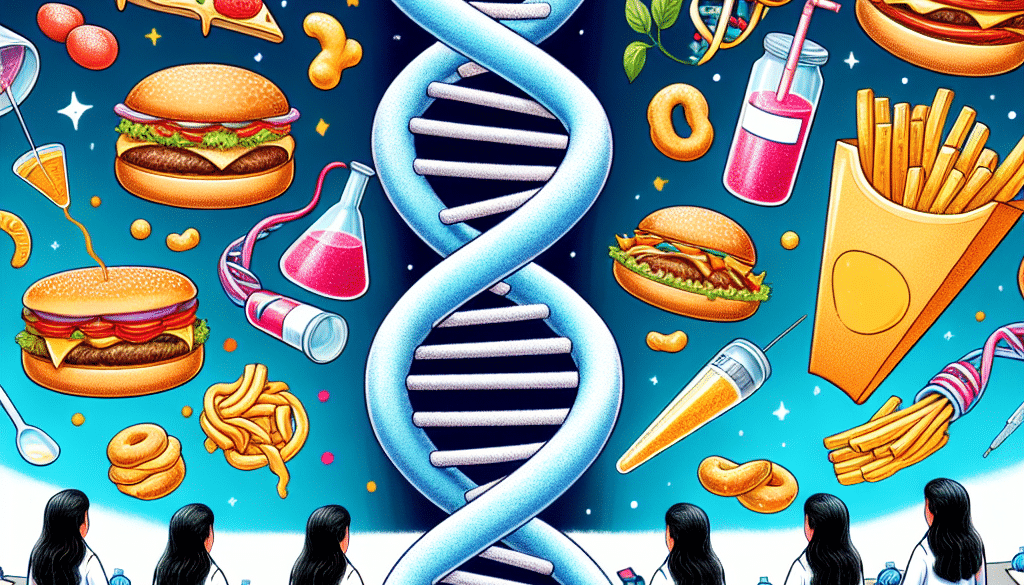Fatty Food Perception: The Role of Genetics Investigated
-
Table of Contents
- Fatty Food Perception and Genetics: A Deep Dive
- The Genetic Link to Taste Perception
- Case Studies and Research Findings
- Implications for Nutrition and Public Health
- Genetics and the Future of Personalized Nutrition
- Conclusion: Genetics, Taste, and Health
- Enhance Your Diet with ETChem’s Protein Products
Fatty Food Perception and Genetics: A Deep Dive

The way we perceive and crave fatty foods has long been a topic of interest among nutritionists, psychologists, and geneticists. While lifestyle and environmental factors undoubtedly play a significant role in our dietary choices, recent research suggests that genetics may also have a profound influence on how we perceive the taste and desirability of fatty foods. This article explores the intricate relationship between our genes and our preferences for fatty foods, shedding light on the potential implications for nutrition and public health.
The Genetic Link to Taste Perception
Our taste preferences are not just shaped by culture and upbringing; they are also deeply rooted in our biology. Taste perception is a complex process involving taste receptors on the tongue and various brain regions that process the signals. Scientists have discovered that variations in certain genes can affect the sensitivity and preference for different tastes, including the taste of fat.
- CD36 Gene: The CD36 gene is known to play a role in the detection of fatty acids. Variants of this gene can make individuals more or less sensitive to the presence of fat in food.
- TAS2R38 Gene: This gene affects the perception of bitter tastes, which can influence an individual’s preference for certain vegetables and fatty foods.
- FTO Gene: Often associated with obesity, the FTO gene has been linked to increased hunger levels and a preference for high-calorie foods, including those high in fat.
Case Studies and Research Findings
Several studies have investigated the role of genetics in fatty food perception. For instance, research published in the journal “Chemical Senses” found that people with certain variants of the CD36 gene were nearly twice as sensitive to the presence of fat in salad dressings. Another study in “The American Journal of Clinical Nutrition” linked the FTO gene to a preference for high-fat foods among children.
These findings suggest that genetic predispositions can influence dietary habits, potentially leading to weight gain and obesity. However, it’s important to note that genetics is just one piece of the puzzle, and environmental factors also play a crucial role in shaping our eating behaviors.
Implications for Nutrition and Public Health
Understanding the genetic basis of fatty food perception has significant implications for nutrition and public health. Tailored dietary recommendations could be developed based on an individual’s genetic profile, potentially improving the effectiveness of weight management programs. Moreover, public health initiatives could focus on educating people about the genetic influences on taste preferences, encouraging them to make conscious food choices.
Genetics and the Future of Personalized Nutrition
As research progresses, the prospect of personalized nutrition becomes more tangible. Genetic testing could one day be a standard procedure to identify individuals at higher risk of obesity due to their taste preferences for fatty foods. This information could then be used to create personalized diet plans that take into account both genetic predispositions and lifestyle factors.
Conclusion: Genetics, Taste, and Health
In conclusion, the perception of fatty foods is a complex interplay of genetics and environment. While we cannot change our genetic makeup, understanding its role in our dietary preferences can empower us to make better food choices. As research continues to unravel the genetic factors influencing taste perception, we move closer to a future where personalized nutrition can help mitigate the risks associated with unhealthy eating habits.
Enhance Your Diet with ETChem’s Protein Products
If you’re looking to improve your diet and support your health goals, consider incorporating ETChem’s high-quality protein products into your routine. Their range of collagens, including marine, fish, bovine, and chicken collagen, can provide the essential proteins your body needs to maintain healthy skin, joints, and muscles. With a neutral taste and instant solubility, ETChem’s collagens are perfect for a variety of applications, from nutraceuticals to food and beverage products. Choose ETChem for your protein needs and take a step towards a healthier lifestyle.
About ETChem:
ETChem, a reputable Chinese Collagen factory manufacturer and supplier, is renowned for producing, stocking, exporting, and delivering the highest quality collagens. They include marine collagen, fish collagen, bovine collagen, chicken collagen, type I collagen, type II collagen and type III collagen etc. Their offerings, characterized by a neutral taste, instant solubility attributes, cater to a diverse range of industries. They serve nutraceutical, pharmaceutical, cosmeceutical, veterinary, as well as food and beverage finished product distributors, traders, and manufacturers across Europe, USA, Canada, Australia, Thailand, Japan, Korea, Brazil, and Chile, among others.
ETChem specialization includes exporting and delivering tailor-made collagen powder and finished collagen nutritional supplements. Their extensive product range covers sectors like Food and Beverage, Sports Nutrition, Weight Management, Dietary Supplements, Health and Wellness Products, ensuring comprehensive solutions to meet all your protein needs.
As a trusted company by leading global food and beverage brands and Fortune 500 companies, ETChem reinforces China’s reputation in the global arena. For more information or to sample their products, please contact them and email karen(at)et-chem.com today.




